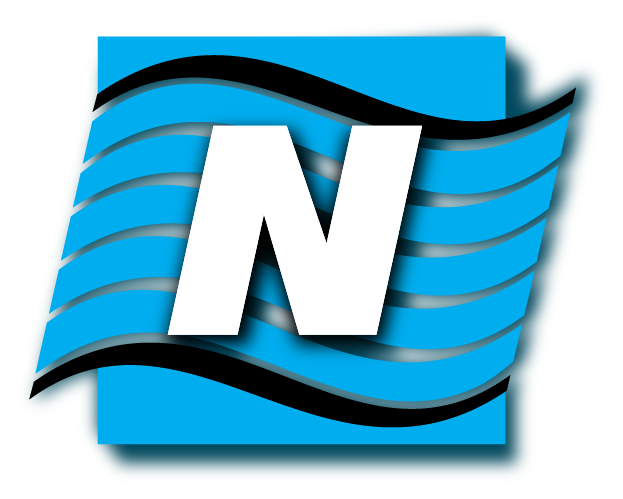
Advanced Fire Fighting (Riga, Latvia)
Description of the course
Target group
The Advanced Fire Fighting course is targeted at seafarers who are already employed or seeking employment in roles that require them to respond to onboard firefighting emergencies. It is typically mandatory for officers and crew who have designated safety or firefighting duties on board vessels.
The Advanced Fire Fighting course is targeted at seafarers who are already employed or seeking employment in roles that require them to respond to onboard firefighting emergencies. It is typically mandatory for officers and crew who have designated safety or firefighting duties on board vessels.
Objectives of the course
In this course the participants will be competent to take command, organize and train fire parties and control fire-fighting operations. The seafarers will have acquired knowledge of fire prevention and an ability to inspect and service fire detection and extinguishing systems and equipment. They will also be able to investigate and report on incidents involving fire.
In this course the participants will be competent to take command, organize and train fire parties and control fire-fighting operations. The seafarers will have acquired knowledge of fire prevention and an ability to inspect and service fire detection and extinguishing systems and equipment. They will also be able to investigate and report on incidents involving fire.
Course contents
The Training course covers the following topics:
The Training course covers the following topics:
- Introduction, safety and principles;
- Areas of fire hazard;
- Dry distillation;
- Chemical reactions;
- Fires in water-tube boilers;
- Tactics and procedure of fire control while ships is at sea;
- Tactics and procedure of fire control while ships is in port;
- Tactics and procedure of fire control while ships is carrying dangerous goods;
- Tactics and procedure of fire control for oil, chemicaland gas tankers;
- Use of water for fire extinguishing, the effect on stability, precautions and corrective procedures;
- Communication and co-ordination during fire-fighting operations;
- Ventilation control including smoke extractor;
- Control of fuel and electrical systems;
- Fire precautions and hazards associated with the storage and handling of material (paints etc.);
- Management and control of injured persons;
- Procedures for co-ordination with shore-based fire fighters;
- Preparation of contingency plans;
- Composition and allocation of personnel to fire parties;
- Training of seafarers in fire-fighting;
- Fire control plans;
- Organization of fire and abandon ship drills;
- Strategies and tactics for control of fires in various parts of the ship;
- Fire alarms;
- Fire detection equipment;
- Fixed fire-extinguishing equipment;
- Fire main, hydrants, hoses, nozzles and pumps;
- Portable and mobile fire extinguishing equipment including appliances; • Firefighter’s outfits and other personal protective equipment;
- Rescue and life support equipment;
- Communication equipment;
- Requirements for statutory and classification surveys;
- Fire investigation and reporting;
- Trainee’s experience of fires on ships;
- Documented reports on fires on ships and lessons learned.
Duration of the training course
3 days
3 days
Price
420 EUR
420 EUR
Certificate validity
Certificate is valid 5 years.
Certificate is valid 5 years.
Approval
The course complies all requirements of the STCW Convention Chapter VI, Sections A-VI/3 and Table A-VI/3 of the SCTW Code, as well as covers all subject areas recommended by IMO Model course 2.03 “Advanced Training in Fire Fighting”.
The course is certified by Latvian Maritime Administration.
The course complies all requirements of the STCW Convention Chapter VI, Sections A-VI/3 and Table A-VI/3 of the SCTW Code, as well as covers all subject areas recommended by IMO Model course 2.03 “Advanced Training in Fire Fighting”.
The course is certified by Latvian Maritime Administration.

Income requirements
- Sea Service Requirements: Participants are required to have a minimum of 12 months of sea service. This sea service must be documented and verified to ensure that participants have sufficient practical experience in maritime operations, including firefighting responsibilities onboard vessels.
- Valid identity document (passport/ID card);
Training approaches and equipment:
During training course theoretical lessons are given using PowerPoint presentations, practical tasks are conducted using different equipment: building for smoke and fire drills breathing apparatus, fire trays, hydrants, hoses nozzles, different type of portable extinguishers, firefighting outfits, etc.
During training course theoretical lessons are given using PowerPoint presentations, practical tasks are conducted using different equipment: building for smoke and fire drills breathing apparatus, fire trays, hydrants, hoses nozzles, different type of portable extinguishers, firefighting outfits, etc.
Meet the Experts Behind This Course
You might also be interested in following courses:
Check the course days on our calendar
Course in pictures:
Contact us

